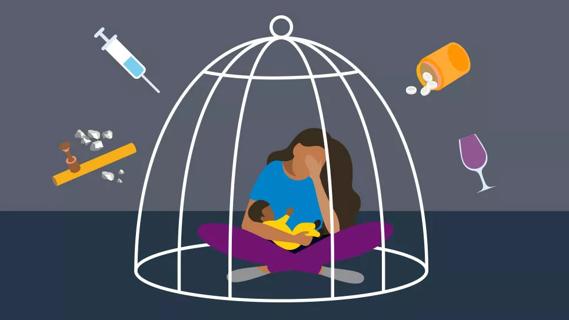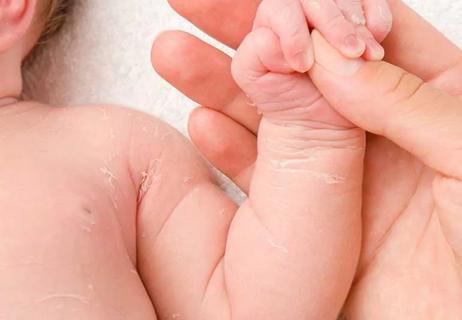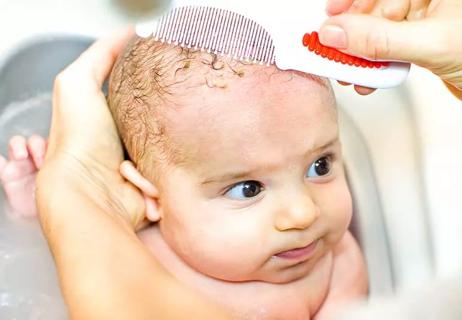Facts about undescended testicles from a urologist

You’re likely concerned if your baby boy is missing a testicle at birth. But don’t panic — it’s probably there, but you just can’t see it.
Advertisement
Cleveland Clinic is a non-profit academic medical center. Advertising on our site helps support our mission. We do not endorse non-Cleveland Clinic products or services. Policy
While in the uterus, a baby’s testicles initially develop in his abdominal cavity. Not long before birth, they typically ‘drop’ (the proper medical term is descend) into his scrotum. In some cases, though, one or both testicles fail to descend before birth. This is known as an undescended testicle or what doctors call cryptorchidism.
Cryptorchidism is not that uncommon for baby boys, especially if they’re born early. It only happens in about 3% of full-term babies, but the percentage rises to 30% in premature baby boys.
So what should you do? Pediatric urologist Jeffrey Donohoe, MD, discusses five key facts you should know about undescended testicles:
In that case, your pediatrician likely is able to feel it during a physical exam. If your doctor can’t feel the testicle, it may also be in the abdomen. In either case, the condition isn’t likely painful for your son.
Dr. Donohoe says it can either be congenital (present at birth) or acquired (the testicle moves up out of the scrotum as your child begins to grow).
Undescended testicles are typically diagnosed during a physical exam. Your child should not need an ultrasound, X-rays, a CT scan, an MRI or any other type of imaging study.
“Most pediatricians are good at identifying cryptorchidism early on and referring the infant to a urologist,” says Dr. Donohoe. You should take your son to a urologist by the time he is 6 months old, or sooner, if you have concerns or questions.
Advertisement
If your child has both cryptorchidism and hypospadias (a birth defect in which the opening of the urethra is not located at the tip of the penis), he will need further evaluation to make sure he won’t have problems with sexual development. And if the cryptorchidism is bilateral (on both sides), he could also be at risk for problems with sexual development.
It’s possible that the testicle will descend on its own by the time your baby is 6 months old. If it doesn’t, he will need surgery. The good news is that surgical repair is an outpatient procedure made with small incisions. If the testicle is in the abdomen, the procedure can be performed laparoscopically, a minimally invasive approach.
Even though cryptorchidism isn’t painful, it is important to address in order to reduce the risk of complications from testicular cancer and infertility.
Advertisement
Learn more about our editorial process.
Advertisement

Gripe water isn’t regulated by the FDA, and research doesn’t support its use

Jaundice that’s present at birth or lasts more than a week should be evaluated by a pediatrician

When tight neck muscles give your newborn a head tilt, these gentle exercises can go a long way

Crossed eyes in a newborn are fairly common, typically harmless and usually go away

Neonatal opioid withdrawal syndrome, or NOWS, can develop when a fetus is exposed to opioids, nonmedical drugs or even some prescription drugs during pregnancy

Most parents report an improvement in breastfeeding, but there’s a chance the procedure won’t solve the issue

All babies go through a perfectly normal peeling phase in the first couple weeks

Moisturizer, a daily bath and some gentle nudging can help

Wearing a scarf, adjusting your outdoor activities and following your asthma treatment plan can help limit breathing problems

Your diet in the weeks, days and hours ahead of your race can power you to the finish line

When someone guilt trips you, they’re using emotionally manipulative behavior to try to get you to act a certain way